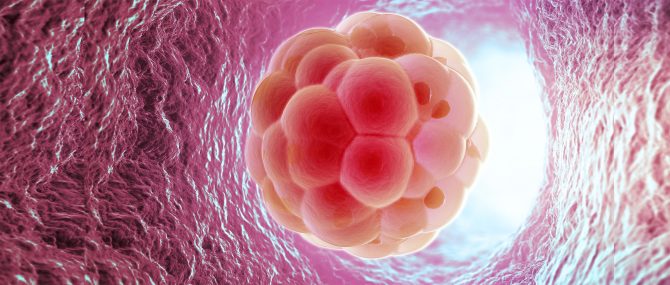Greece is a common European destination for patients who pursue a fertility treatment with donor eggs, mainly because of the costs and legal framework on the matter which they can find there.
The following shall explain the main characteristics of the egg donation process from a biological point of view, but also taking a look at the applicable set of regulations.
Altruism in anonymous egg donation
The Greek Law 3305/2005 on medically assisted reproduction techniques establishes that donor eggs are due for use in fertility treatments, including surrogacy, as long as the following basic premises are obeyed:
- Anonymous egg donors: Donors are selected by the fertility clinic where the recipient is undergoing the treatment. Neither the intended parents nor the donor can be revealed each others's identity or get identifiable information about one another. In spite of this legal requirement, intended parents can actually get general information about their donor, such as eye or hair color, height, weight, etc.
- Altruistic act: Egg donation must be an altruistic act above all, through which donors show solidarity with a couple experiencing trouble conceiving. The Law 3305/2005, however, allows them to be paid a reimbursement of the potential work days lost, as well as the expenditure derived from transportation to the fertility center. Such compensation is limited to €600 for travel expenses incurred, and up to €800 for the time off work.
It should be also borne in mind that egg donation is not applicable in women over age 50. As for donors, an age limit is established as well: potential egg donors must be aged 18 to 35.
Finally, it should be noted that, in Greece, undergoing double-donor IVF as well as adopting or donating the embryos remaining from another couple's fertility cycle is allowed.
Egg donation step by step
The treatment a woman whom undergoes egg donation, i.e. the receiving woman, must follow involves basically the preparation of the endometrium for the embryo transfer, and later embryo implantation to the maternal uterus.
For the transferred embryos to be able to attach and therefore lead to a pregnancy, it is a prerequisite that the endometrium has been previously prepared in order to be receptive with an:
- Endometrial thickness of around 8 mm
- Endometrial trilaminar pattern
Such characteristics can only be achieved by means of fertility medications, whether they are administered by oral, vaginal, or patch route. The development of endometrial thickness will be checked through ultrasound scan, a process that will allows us to determine more accurately the embryo transfer ideal due date.
If fresh donor eggs are used, synchronization between the recipient's endometrial development and the donor's menstrual cycle is required for the transfer to be performed at just the right stage of both embryos and endometrial development. Should frozen eggs be used, then the moment when the eggs are thawed and fertilized must be monitored, so that the transfer can be properly carried out.
In the case of international patients, recipients can get themselves started with endometrial preparation in their home country, and travel to Greece just a few days before or even on the same day of the embryo transfer. Given that it is a simple and painless procedure, patients can come back to their country and continue with their normal lifestyle following a reasonable rest period of 15-30 minutes.
We make a great effort to provide you with the highest quality information.
🙏 Please share this article if you liked it. 💜💜 You help us continue!




Well I totally agree with the requirements established for donating your eggs, altruism above all. No one should get money for letting others make the miracle of LIFE come true!!!